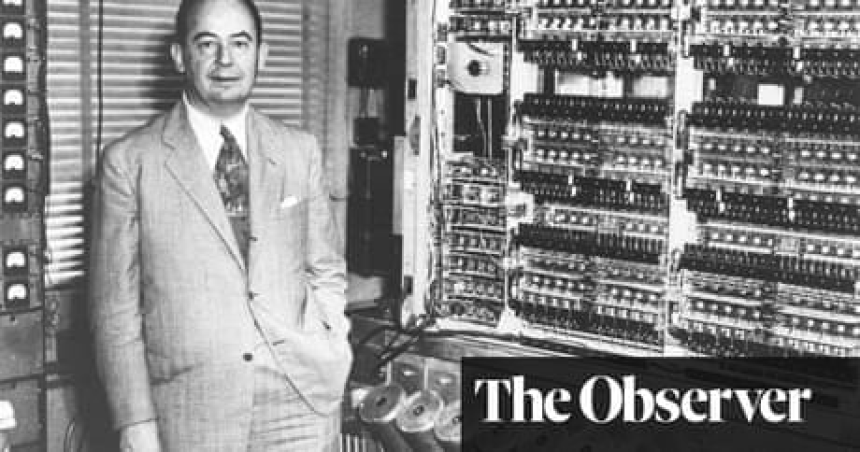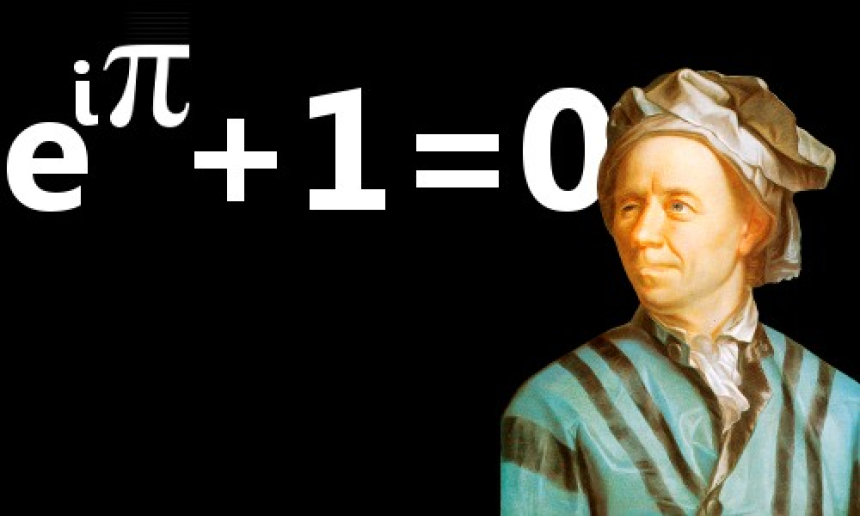
John von Neumann
John von Neumann: The Innovator in Mathematics and Computer Science
John von Neumann: The Innovator in Mathematics and Computer ScienceJohn von Neumann was a Hungarian-American mathematician, physicist, and computer scientist who made significant contributions to various fields, including mathematics, physics, economics, and computer science. Born in Budapest in 1903, von Neumann showed his exceptional talent from a young age. He went on to become one of the most influential figures in the development of modern computing and game theory.
Early Life and EducationVon Neumann was born into a wealthy Jewish family on December 28, 1903. His father, Max Neumann, was a successful banker, and his mother, Klara Dan, came from a family of intellectuals. From an early age, von Neumann displayed remarkable intellectual abilities and a strong affinity for mathematics.
After completing his secondary education in Budapest, von Neumann enrolled at the Budapest University of Technical Sciences, where he studied mathematics, chemistry, and physics. During this period, he also attended lectures by leading mathematicians, which further fueled his passion for the subject.
Contributions to MathematicsVon Neumann's mathematical contributions were profound and far-reaching. He made significant advancements in the fields of set theory, functional analysis, quantum mechanics, and game theory. One of his most notable achievements was his work on the foundations of quantum mechanics, where he introduced the notion of operators and developed the mathematical framework for the theory.
Furthermore, von Neumann played a pivotal role in the development of computer architecture and programming. He laid the groundwork for the von Neumann architecture, which is the underlying structure of most modern computers. His work on the logical design of computers and the idea of storing instructions and data in the same memory revolutionized the field of computer science.
Game Theory and EconomicsVon Neumann's contributions to game theory revolutionized the study of economics and social sciences. He developed a mathematical framework for analyzing situations where multiple players make decisions and developed the concept of 'minimax' strategy, which is now widely used in decision-making processes.
His work on game theory provided a mathematical basis for understanding strategic interactions and has applications in various fields, including economics, political science, and biology. Today, game theory is used to address complex problems such as resource allocation, price competition, and bargaining.
Final Years and LegacyVon Neumann continued to make significant contributions to various fields until his death on February 8, 1957, at the age of 53. His groundbreaking ideas and mathematical insights shaped the fields of mathematics, physics, computer science, and economics.
Today, von Neumann's influence can be seen in numerous areas, ranging from computer architecture to the field of artificial intelligence. His ideas and approaches continue to inspire generations of mathematicians and scientists, making him one of the most influential figures in the history of science and technology.
Frequently Asked Questions1. What was John von Neumann's most significant contribution to mathematics?Von Neumann's most significant contribution to mathematics was his work on the foundations of quantum mechanics. He introduced the concept of operators and developed the mathematical framework that underlies the theory.
2. How did von Neumann influence computer science?Von Neumann's work on computer architecture and programming laid the foundation for modern computing. His ideas, such as the von Neumann architecture and storing instructions and data in the same memory, revolutionized the field of computer science.
3. What is game theory, and what role did von Neumann play in its development?Game theory is the mathematical study of strategic decision-making. Von Neumann developed a mathematical framework for analyzing situations where multiple players make decisions. He introduced the concept of 'minimax' strategy and provided a mathematical basis for understanding strategic interactions.
4. How did von Neumann's ideas impact economics?Von Neumann's work on game theory had a profound impact on the study of economics. His mathematical framework provided a basis for analyzing strategic interactions in economic decision-making processes. Von Neumann's ideas continue to be widely used in areas such as resource allocation, price competition, and bargaining.
5. What is von Neumann's legacy?Von Neumann's legacy is vast and far-reaching. His groundbreaking contributions to mathematics, physics, computer science, and economics continue to shape these fields today. His ideas and approaches inspire generations of scientists and mathematicians, making him one of the most influential figures in the history of science and technology.





